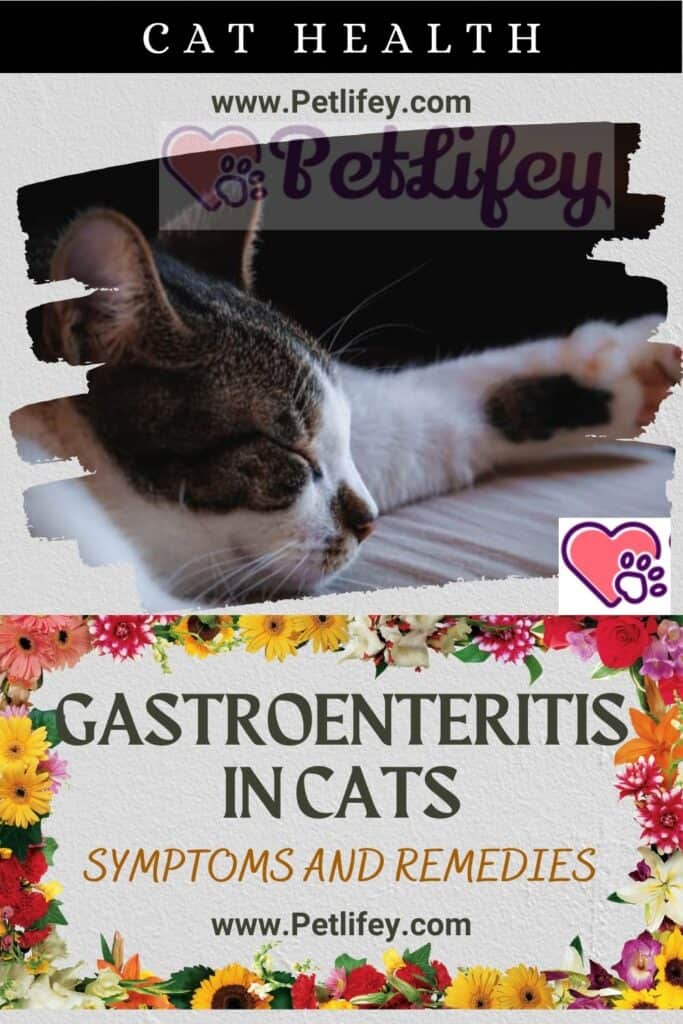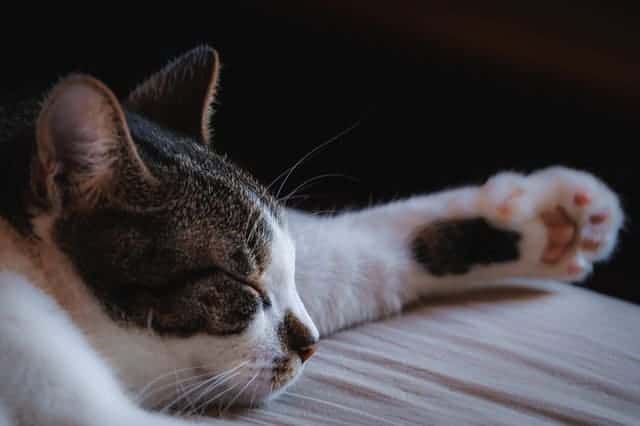
There are several intestinal disorders that can affect our animal friends: do you know gastroenteritis in cats? Here’s what you need to know.
Intestinal disorders are quite common even among our little four-legged friends. Gastroenteritis in cats is one of these pathologies. Unfortunately, unlike other diseases, it is often fatal for our cat. It is always good to know when it is this intestinal disorder, learning to recognize its symptoms. Let’s see together what it is.
What is gastroenteritis in cats
Gastroenteritis in cats is a disease unfortunately very common among our little felines, caused by Parvovirus. It is therefore an inflammation that attacks the stomach and intestines of the cat, causing several problems. In some cases, not so rare, it can lead to death.
It is a very common pathology as it is easily transmissible from cat to cat, even if simple physical contact is not enough. The infection is transmitted through blood, urine, feces or saliva. The latter is the most common transmission vehicle.
In fact, even sharing food can become a vehicle of contagion. The disease particularly affects younger cats, and its onset may be related to other diseases, such as feline pancreatitis, cancer, feline diabetes, but it can also be caused by viral or bacterial infections, and even by errors in nutrition.
What are the symptoms
Gastroenteritis in cats is manifested by symptoms common with other gastrointestinal disorders. Precisely for this reason the pathology is not easily identifiable by an eye that does not have skills in the medical field. The most common symptom that affects the cat is diarrhea.
Often the small feline is hit by very strong attacks, and this can cause even a slight leakage of blood. The infection could also cause the cat to vomit. The prolonged duration of symptoms could also cause loss of appetite and dehydration.
How to cure gastroenteritis in cats

In the presence of symptoms that may indicate the presence of gastroenteritis in the cat, you should immediately contact your veterinarian. It is a disease that still has a high mortality, especially among young cats, and the timeliness of the intervention is fundamental.
Since it is a viral infection, unfortunately there is no real cure. The task of the veterinarian will be to support the cat, during the course of infection, with the appropriate treatments. Precisely because it is not curable, prevention is fundamental.
First, if you have multiple cats in the house, you will need to take them to the vet, even where they do not experience any symptoms. The sick cat, if not hospitalized, will have to be placed in isolation, because even after cured for at least 6 weeks it could transmit the virus.
Obviously, prevention must be implemented from the birth of the kitten or from the moment you take it up for adoption. A fundamental step is the vaccination of the cat; however, even after that, it will always be necessary to prevent the feline from coming into contact with other infected subjects.
Equally important is to take care of the cat’s nutrition: a healthy and balanced diet, respectful of its nutritional needs, will be a very important weapon in the prevention of gastroenteritis. As mentioned, the pathology may be related to other diseases.
Periodic general checks are another step to keep gastroenteritis away from the cat and at the same time identify other dangerous pathologies in time.






